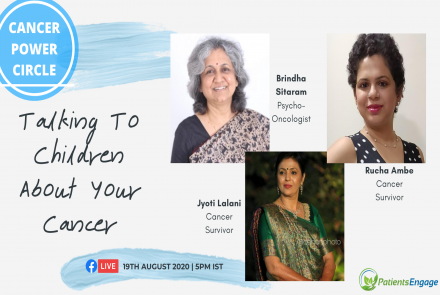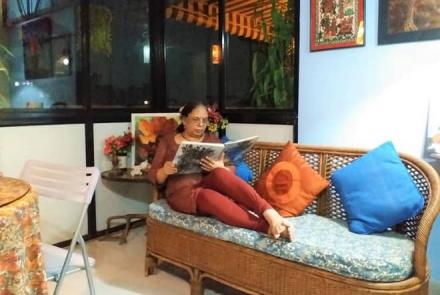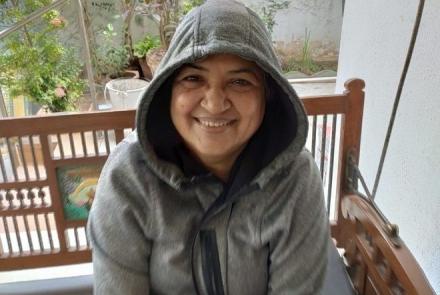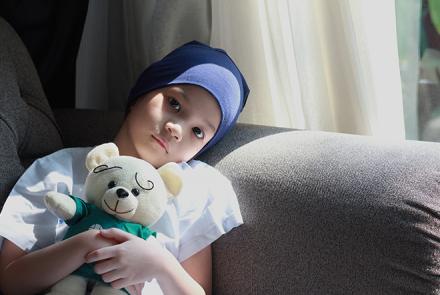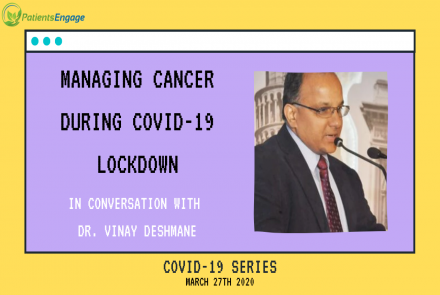
Patients with advanced cancer often experience cachexia. This is extremely distressing to caregivers. Dr. Arjun Gupta, gastrointestinal oncologist and researcher addresses questions on this difficult topic.
What is cachexia?
People with cancer often experience weight loss, loss of muscle mass, and become weaker as the cancer progresses. Their quality of life decreases, and they may experience increased toxicity from cancer treatments. This collection of symptoms is called ‘’cachexia’’. It is often accompanied by reduced appetite (‘’anorexia’’).
Cachexia can affect patients with any advanced and/or serious illness (heart failure, lung disease, AIDS etc.) and is not limited to cancer.
How is it diagnosed? what are the signs and symptoms caregivers should look out for?
Oncologists are often able to diagnose cachexia during clinic visits, based on symptoms and physical examination. Common symptoms of cachexia include weight loss, loss of muscle mass, fat loss, loss of appetite, loss of muscle strength, fatigue, and difficulty performing daily activities. These can be distressing to patients and often even more so to caregivers.
How is it different from weight loss and anorexia?
Cachexia is unique in that it is not simply due to reduced intake of calories. Rather it is related to the underlying cancer which has multiple effects on appetite, metabolism, and muscle breakdown. Even if a patient with cachexia was to receive extra calories, it would not reverse the underlying process driving cachexia.
What is the treatment for cachexia in early stages?
Cachexia is thought to progress through 3 stages: pre-cachexia, cachexia, and refractory cachexia. When clinicians typically refer to cachexia, they mean more of the later stages of cachexia. By that time, the process is essentially irreversible and patients already have established weight loss and muscle loss.
Early identification (at the pre-cachexia stage) may be more amenable to interventions. These may include dietary counseling, psychosocial support, and medications to improve appetite if needed. Exercise may also have a role in promoting and maintaining muscle strength and function.
Treating the underlying cause (cancer) is the best way to treat cachexia when possible.
How is it treated in late stage?
In late stages of cachexia, especially when there are no effective anti-cancer treatments, providing extra calories through artificial feeding (tube feeding into the stomach or through intravenous lines) is unlikely to cause benefit, and can instead result in harm and burden. Medications also have very limited role in improving late-stage cachexia.
Providing counseling and psychological support to patients and caregivers is perhaps the most important treatment at end-of-life. Good quality palliative care and treating other symptoms that patients have (e.g., nausea, mouth sores etc.) can improve quality of life.
What is the prognosis for people who have this?
People with advanced cancer and cachexia that is progressive usually do not have good anti-cancer treatments available. Their prognosis is often in the order of weeks to a few months.
What are the psychosocial factors associated with cachexia?
Across cultures, eating and the foods we eat are emotional issues. This extends to the acts of planning, preparing, and offering foods to those we love. Cooking and feeding others are often expressions of hope, care, and love. These are strong connections that are common among people. When someone is at the end of life, offering food is a natural way for people to want to offer love and comfort for the person with cancer. For cancer caregivers, feeding someone offers the hope of control over a situation in which they otherwise have little control.
Caregivers may see appetite loss as their failure to provide good care. This may lead to feelings of helplessness, guilt, and rejection when the person they are caring for is unable to eat. Caregivers may believe that if they are unable to feed the person they are caring for, it will result in the person dying earlier. However, this is not true, and caregivers should not blame themselves if their loved one is unable to eat.
What would be your advice to care providers?
In people with advanced cancer, especially at the end of life, appetite loss and cachexia represents the effects of the cancer. It is not the caregiver’s fault if the person they are caring for does not have an appetite or experiences weight loss.
Caregivers can support the person with cancer in loving, nonjudgmental ways.
- If the person has a desire to eat, listen for favorite foods that they might mention and offer those.
- Do not pressure or force them to eat. This can make appetite loss worse and add tension to your relationship.
- Focus on the social aspects of the meal, such as eating for pleasure, eating for taste, or enjoying company at the dinner table.
- Do not focus on how much food is eaten or how many calories are consumed.
For loved ones who do not want to eat, caregivers can consider alternative methods to show their love and care:
- Holding hands
- Providing lip balm
- Giving a massage
- Providing companionship
Any tips on how patients can prevent cachexia?
There is no magical wand that can prevent cachexia. It is often a function of the underlying cancer. Patients can be vigilant about reporting their symptoms (appetite, weight, psychological distress) to their healthcare team and doing their best (while being comfortable) to eat, exercise, and have meaningful relationships with caregivers.
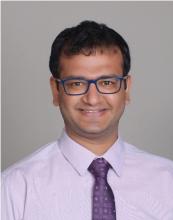
Bio:
Dr. Arjun Gupta is an Assistant Professor at the University of Minnesota, Minneapolis, USA. He is a gastrointestinal oncologist, a symptom management enthusiast, and a health services researcher. His research specifically examines cancer care access and delivery, the costs of cancer care, and the hidden burdens imposed on and faced by people with cancer and their caregivers while receiving this care.



